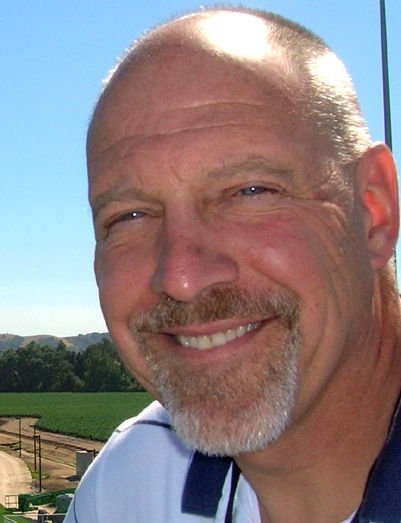On April 9, 1865, the American Civil War came to a virtual end with the surrender of the Confederate Army of Northern Virginia by General Robert E. Lee to Union General Ulysses S. Grant’s Army of the Potomac in the quaint little town of Appomattox Court House in central Virginia. This pivotal capitulation, soon followed by other confederate submissions, brought to an end the most bloody, divisive, and potentially history changing time in our country’s history.
It’s estimated the war produced 1.1 million casualties—roughly a third of the 3.2 million who served—with at least 620,000 dead and maybe as many as 800,000 if recent studies hold. With the 150th commemoration this month of that fateful war’s end, we might ask how what happened thousands of miles from Gilroy, is relevant.
Let’s start in Gilroy; 83 veterans of the Civil War called the city home at one time or another. One, George Eustice (1844-1919), whose unit fought at Gettysburg, settled here four years after the conflict, opened a blacksmith shop and built a handsome house that still stands on the northwest corner of Fifth and Church streets.
Obviously, none of the war’s savage battles and carnage occurred in California, but thousands of Californians served, including in the Battle of Gettysburg. A small skirmish took place in Temecula, too, and California troops were deployed to Arizona and New Mexico to stop Confederate intrusions.
But that is not to say that Californians were neutral or united in the succession/slavery debate. When California was readying itself for statehood, there were serious discussions about the creation of two states—a southern slave state and a free state in the north. Ultimately that did not happen, but there remained many confederate vs. union philosophical conflicts in the state.
Many of the Civil War’s most famous generals had served in California before the war. Grant, later to become president, served at Fort Humboldt, William T. Sherman was stationed in Monterey, Fort Bragg, California, is named for Confederate General Braxton Bragg and, closer to home, Fremont Peak is named after Union General John C. Fremont, to name a few.
Finally, it is estimated that California’s gold paid for around a quarter of the Union’s war expenses including funds used to treat Union war wounded.
So, what makes a civil war that happened a century-and-a-half ago meaningful to me in today’s world?
Many will say the civil war was the seminal event in American history. The results of the war are everywhere in our modern culture, politics and social values. Let’s start with the most important result of the war, the end to slavery. Though the end of slavery was not one of President Lincoln’s initial war goals, it certainly was by the end of the war.
It is 2015—look at the headlines and see if race relations still are not a major issue in America.
Slavery was abolished with the 13th Amendment, but it did not, nor could it change what was in a person’s soul. Since the war’s end, race relations have seen the passage of the 13th, 14th and 15th amendments, but also savage racism, the Ku Klux Klan, Jim Crow, “separate but equal”, Brown v. Board of Education, civil and voting rights legislation, and finally Ferguson. We as a country still have a long way to go; however, the civil war, for the first time in our history, created a country where “all men are created equal” actually meant something.
The other major outcome of the war was that it saved the Union. It was the first time the “United States” became a proper noun. With the beginning after the war of a strong centralized federal government, the relationship between the states and the federal government would never be the same. Sound familiar in today’s conversation of state’s rights?
Also, with the confederate’s loss, national politics were changed forever by the creation of a regionally divided, two party political (red states vs. blue) system.
In general, the historical context of any event is critical to a better understanding of why things happen as they do in modern times. As we commemorate the 150th Anniversary of the Civil War, let’s try to remember the critically important lessons that were paid for in the sacrifices of more than a million Americans and their families.
Jay Baksa is an Ohio native, 33-year resident of Gilroy and was its city administrator for 25 years. He is an avid student of the Civil War and wrote this piece for the Dispatch.













